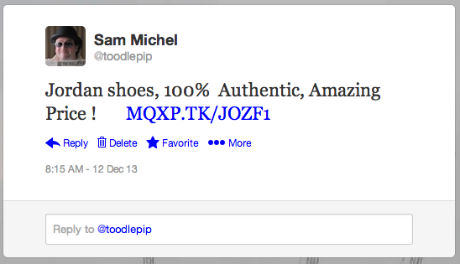
And there goes the morning.
If I could describe a deeply annoying start to the day, it would be thus:
Wake up to discover that you're offering your Twitter followers a sweet deal on Jordan's (whatever the hell they/s/he is/are).
Then follows a flood of tweets, direct messages, emails, text messages and the other half shouting across the room, "your Twitter account has been hacked".

More of us are online, but we feel pretty meh about it
The number of Britons going online has soared in the last decade, but the majority do so without enthusiasm.
That’s the conclusion of the latest report from Oxford Internet Surveys of our national internet use, which identifies five groups:
- Cyber-moderates, who use the internet but had no strong feelings either for or against it (37%)
- Adigitals, who felt the internet was taking over their lives and invading their privacy (14%)

Bye bye, Belisha. There’s a new beacon in town.
In The Guardian, Simon Baldwin blogs that iBeacon seeks to lead.
Apple’s proprietary challenger to Near Field Communication arrived with iOs7. It boasts a range of up to 50 metres and uses Bluetooth low energy (BLE) to pinpoint location.

Facebook is a mirror while Twitter is a megaphone.
That is the core of a University of Michigan study into the two dominant social networks and how people use them.
Lead researcher Elliot Panek and colleagues carried out two studies. In the first, college students were asked how they used social media and given personality assessments. Among this age group, narcissists preferred to use Twitter to broadcast their opinions to others.
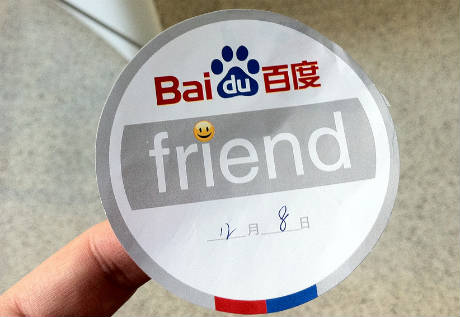
Founded
in 2000 by the Chinese search scientist and entrepreneur Robin Li, Baidu is now
China’s most popular search engine, taking a dominant ~80% share
of the overall market of mainland China.
Just like Google, high
rankings on Baidu is key to tapping the Chinese market. Below we investigate the differences between Baidu and Google, Here's what you need to know and 3 simple steps to improve your Chinese SEO.
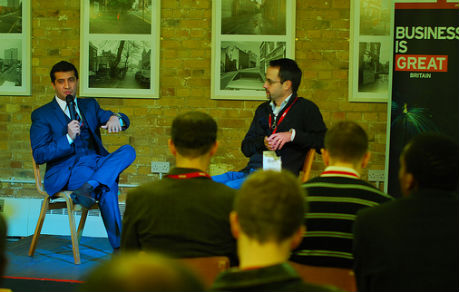
The Growth Hacking methodology uses technology to quickly build and develop a business, utilising digital tactics for market research and marketing purposes. Despite one wag describing 'growth hacking' as the Shoreditch term for 'marketing', last week's SME Growth Hack event explored how to hack rapid business growth.
Employing cloud-based tools for management, Growth Hackers make the most of current innovations to allow entrepreneurs to test their business and change it rapidly. Raj Kotecha, MD of Creative Content Agency sat down with Chinwag's Dylan Fuller to discuss how to 'Hack the Global Marketing Platforms'. Here's the video:
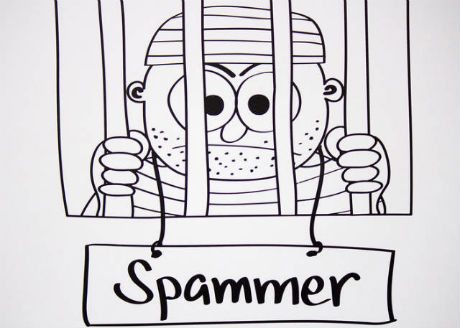
The speed of your website is critical. According to one report for every second that a page takes to load, wave goodbye to 7% of sales and who can afford that? Visa Europe estimating £450m will be spent on Cyber Monday alone.
There's all sorts of clever tech solutions: cloud-based servers, cacheing, content delivery networks to name but a few. Surely good old-fashioned comments don't represent a website glue trap?

Social media speaker, author, wine buff and generally excitable marketing man-about-town Gary Vaynerchuk hits London for VaynerWorld, to launch his new book, 'Jab, Jab, Jab, Right Hook', on 12th December (10% discount for Chinwaggers)
In typically understated fashion Gary said, "I'm basically going put on the greatest event in London history! I don't give a crap about The Beatles, The Rolling Stones, The Clash or Beckham or whoever, not the single best business book event, the single... greatest... event!"
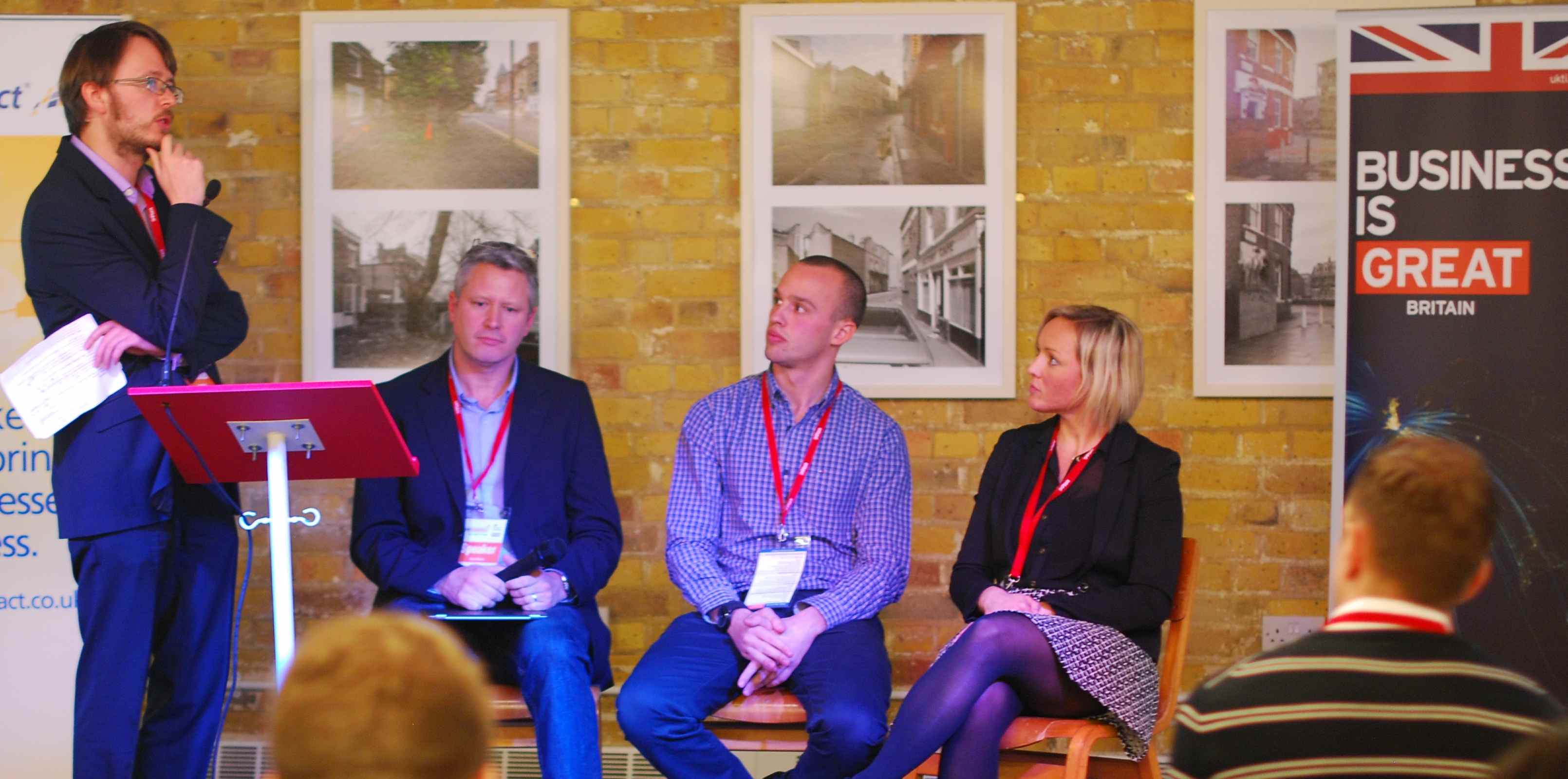
With a week between us and last week’s SME Growth Hack, now is a good time to reflect on what was learned, covered and uncovered. To do this, let’s have a quick look at the four pillars of the event.











